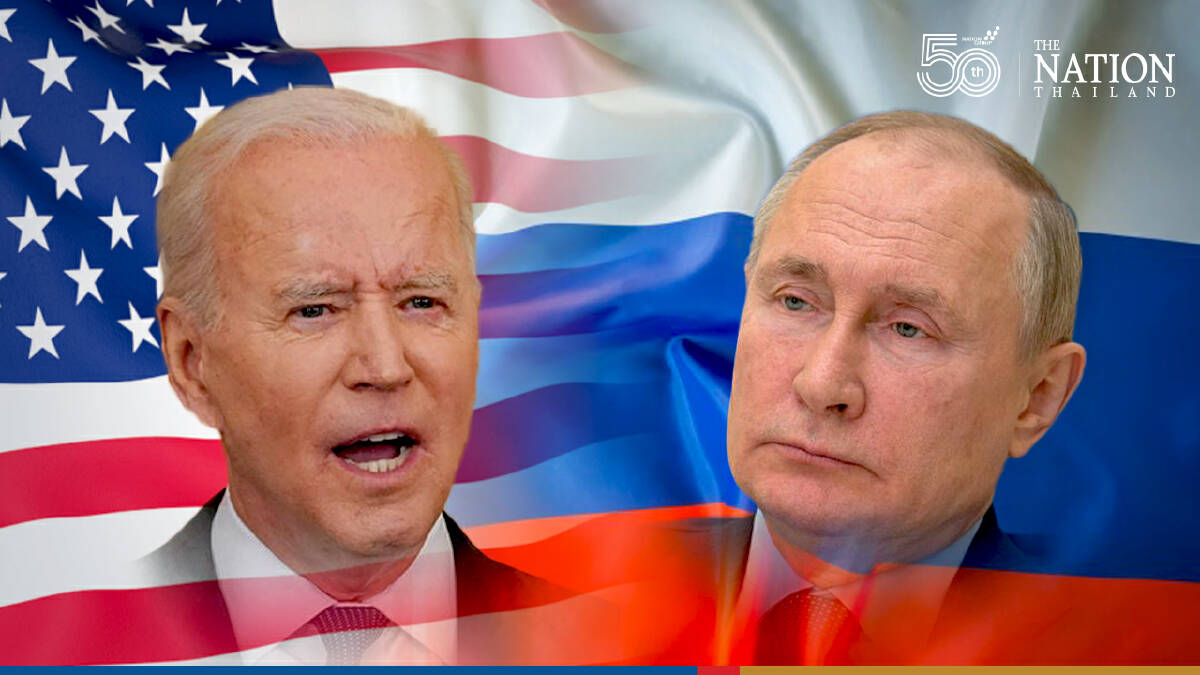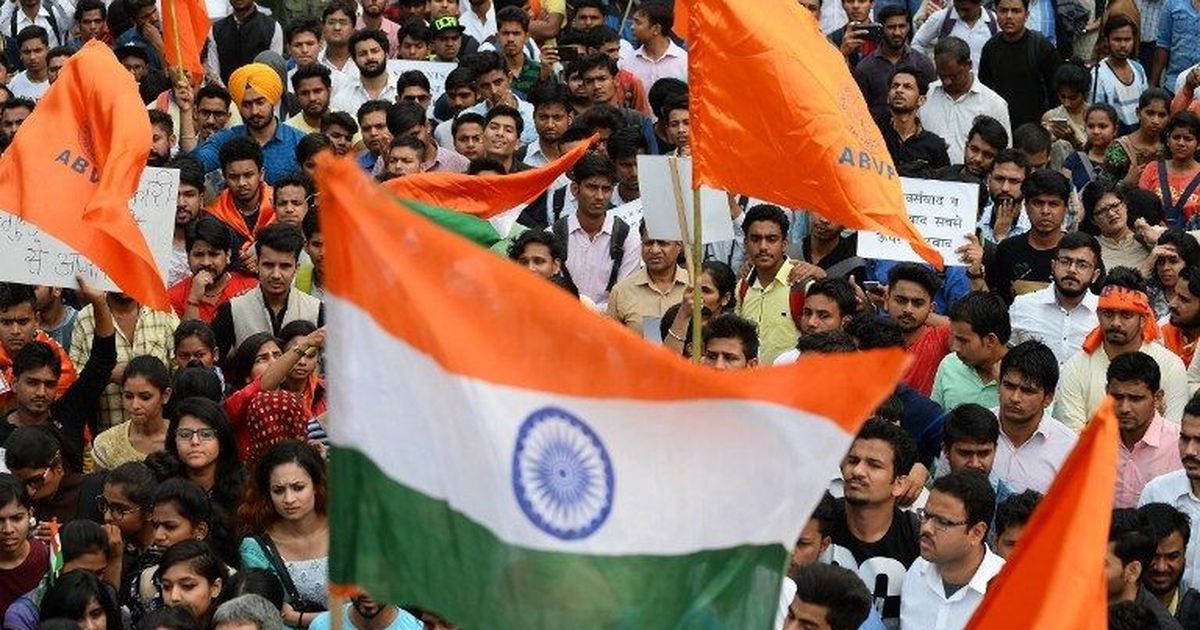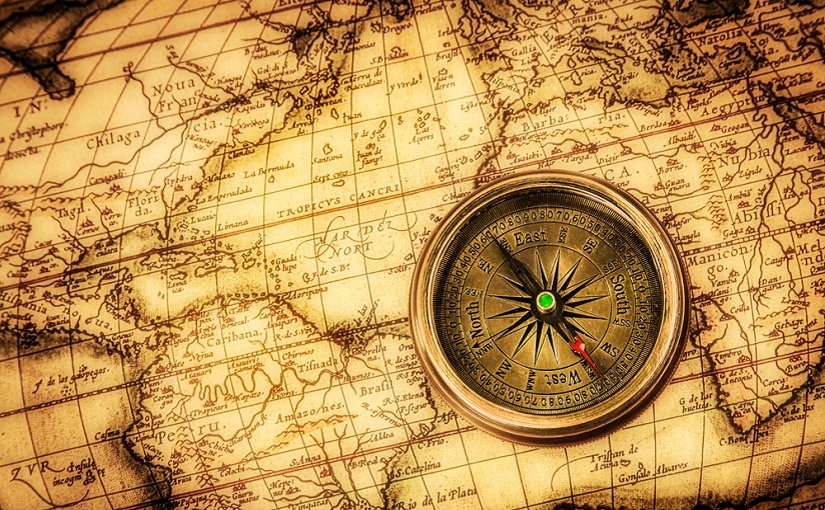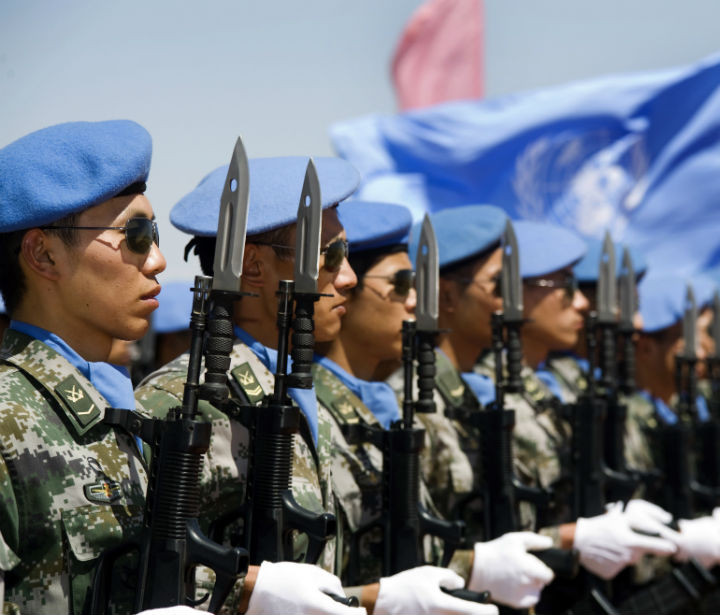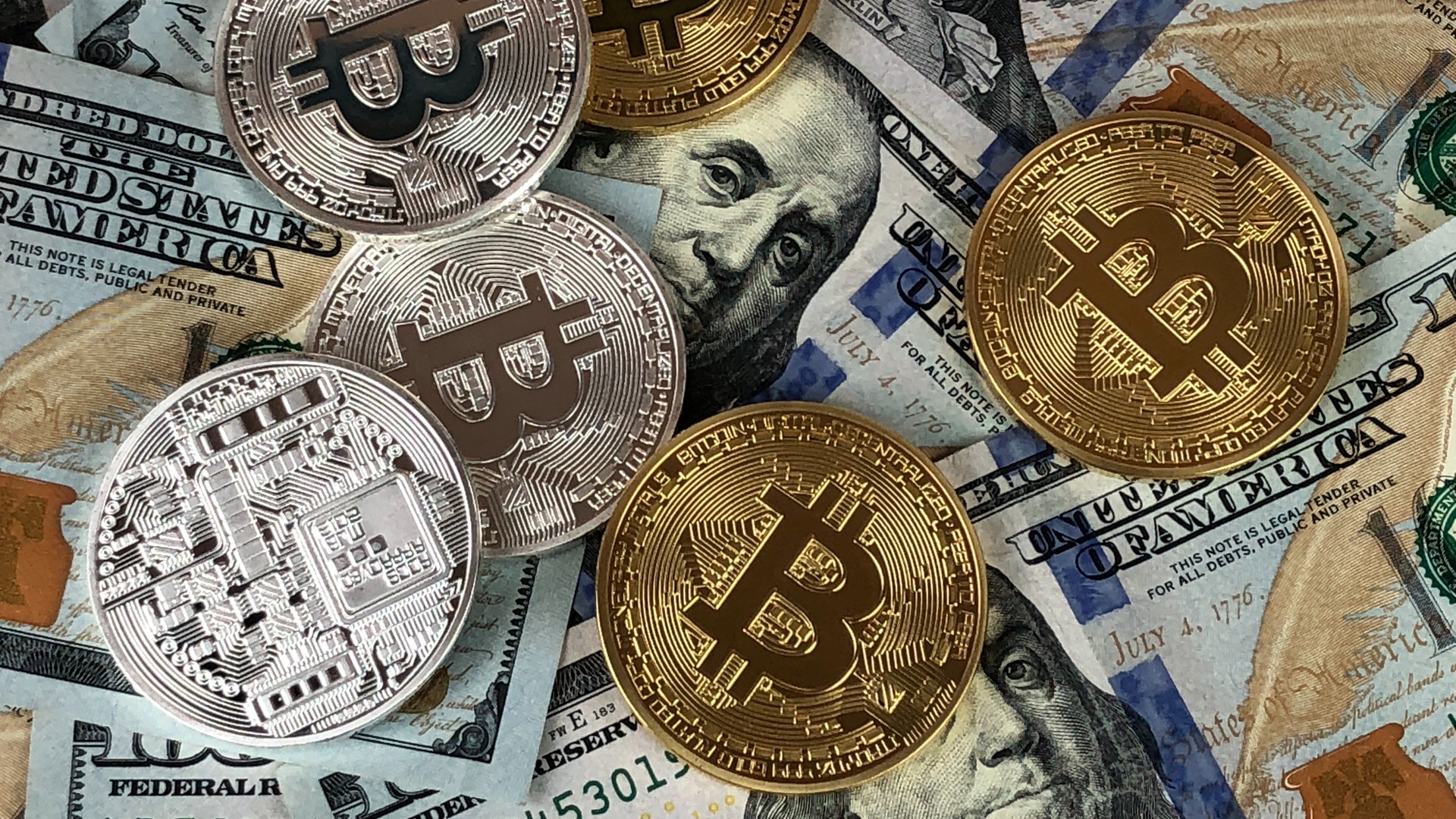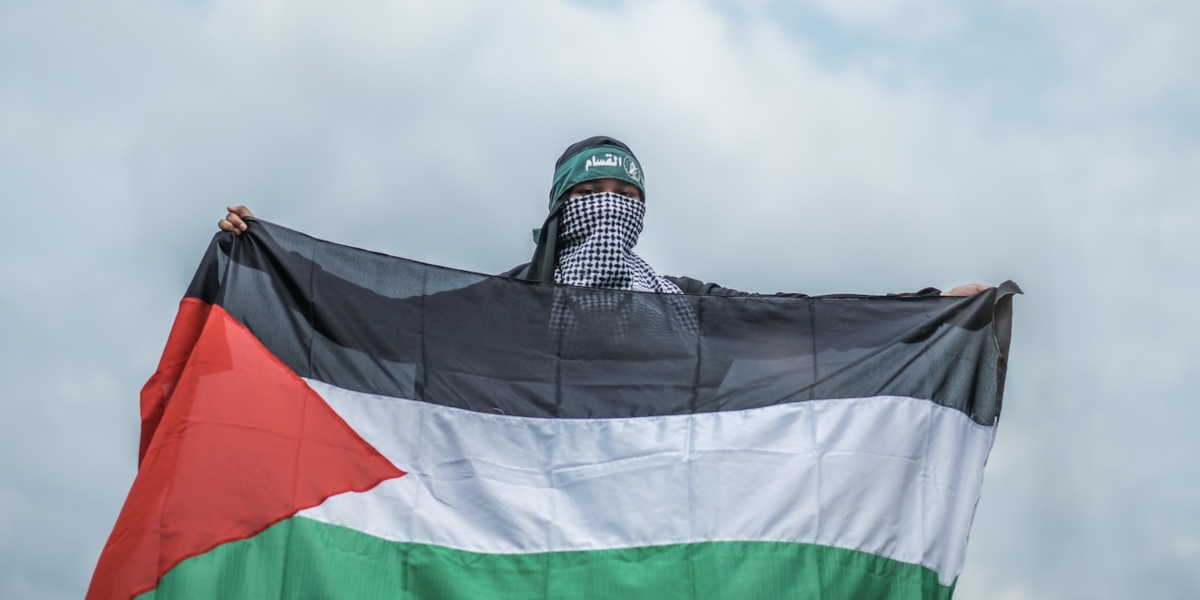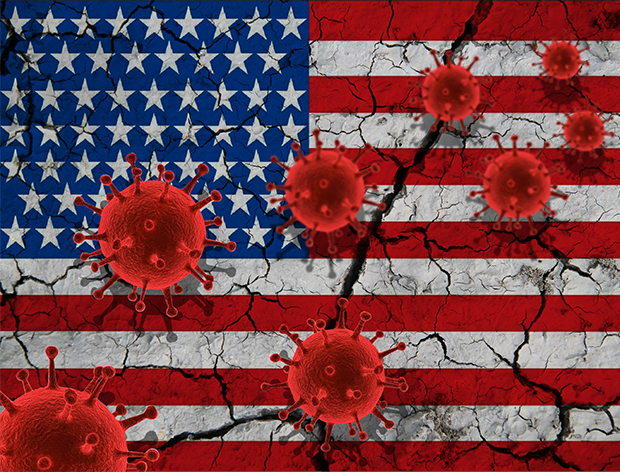Abstract The meeting of the American and Russian presidents in Geneva was held in a constructive and positive atmosphere. Although the meeting was constructive and positive, no major step forward was made to reset the chronically strained relations between Moscow and Washington. Major differences remain on a range of issues, including cyberattacks and human rights….Read More
